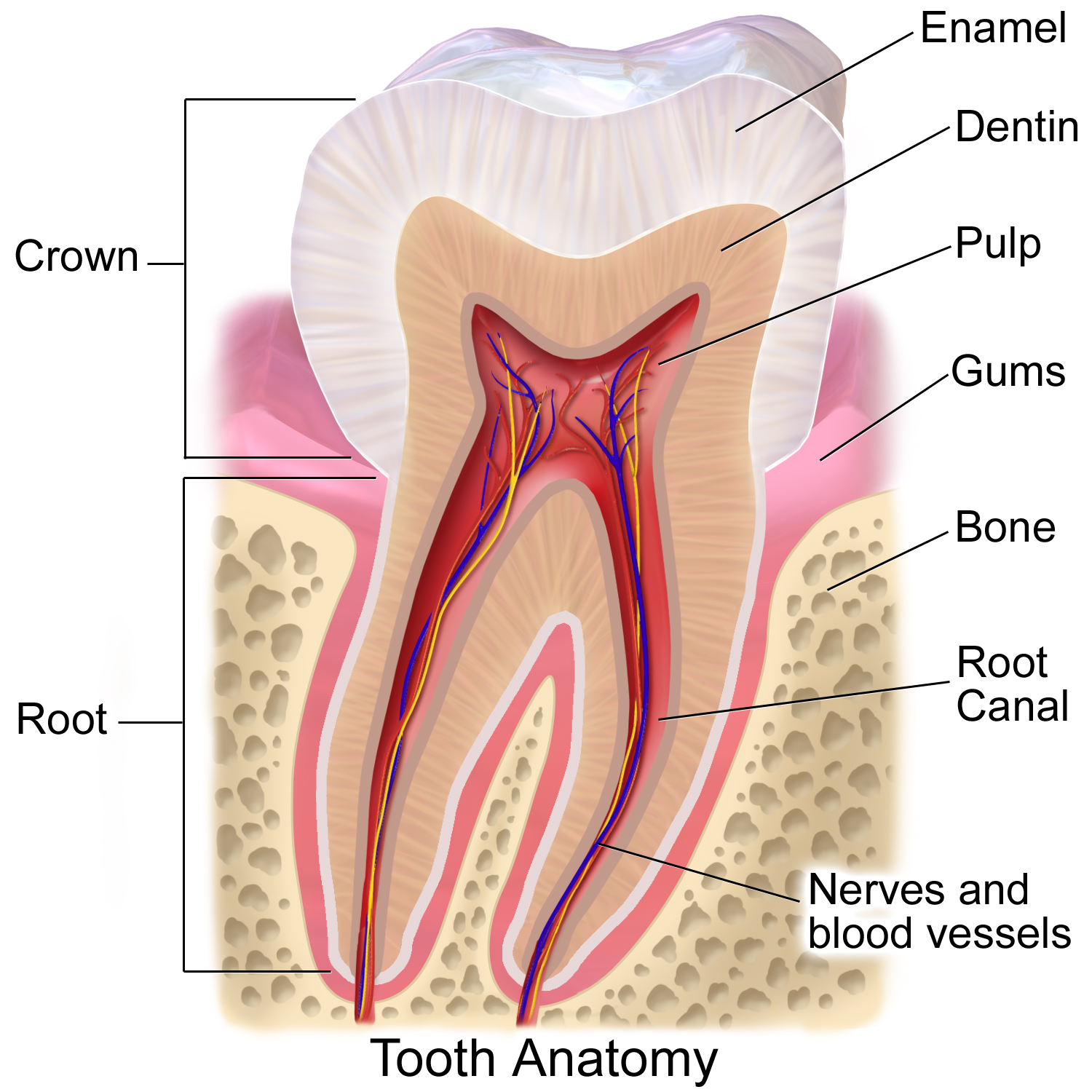As a dental assistant, you will be asked to help guide patients with their oral health. At Star of Texas Dental Assisting School, students learn how to discuss oral issues with their patients and answer questions they may have.
 Let’s take a look at one common concern, sensitive teeth.
Let’s take a look at one common concern, sensitive teeth.
Do you experience pain or tingling in your teeth, especially when eating sweets or very hot or cold foods?
You may have sensitive teeth.
Pain from sensitive teeth is not always constant; it can come and go. Constant pain could be a sign of a more serious problem. It is still important, however, to discuss your symptoms with your dentist to determine the cause and proper treatment.
What Causes Tooth Sensitivity?
In healthy teeth, porous tissue called dentin is protected by your gums and by your teeth’s hard enamel shell. Microscopic holes in the dentin, called tubules, connect to the nerve, triggering pain when irritated by certain foods and beverages.
Dentin can be exposed by:
- Receding gums caused by improper brushing or gum disease
- Fractured or chipped teeth
- Clenching or grinding your teeth
- Erosion due to the aging process
Treating Tooth Sensitivity
Depending on the diagnosis, your dentist may recommend one or more of the following treatments to relieve the symptoms of sensitive teeth:
- A soft-bristle toothbrush, or a powered brush, to protect gums — a study has shown that a powered brush can be as gentle as a manual toothbrush.
- A fluoride rinse or gel for sensitive teeth, prescribed by your dentist.
- A desensitizing toothpaste.
Daily brushing as well as regular flossing and professional cleanings, will help prevent cavities and preserve your oral health.
Source: Crest
If you have any questions about tooth sensitivity, please call Star of Texas Dental Assisting School at (512) 487-1547.
Interested in becoming a dental assistant? We are currently enrolling for our next session beginning on December 19th.

